- Your cart is empty
- Continue Shopping
Product
- Canadian Pharmacy Online Pharmacy | Online Canadian Pharmacy
- Need More Information Call Us 1-833-356-6337
Product Details
Description
Pristiq Generic Medication
PRISTIQ is an antidepressant which belongs to a group of drugs called selective serotonin and norepinephrine reuptake inhibitors (SNRIs). This medication is used to treat depression in adults. The cause of depression is unknown, but many experts believe that it results when certain chemicals in the brain are out of balance. These chemicals, called neurotransmitters, relay messages from one brain cell to another that may become unbalanced and cause depression. PRISTIQ works by affecting the levels of two of these neurotransmitters: serotonin and norepinephrine.
It may also be used to treat other conditions as determined by your doctor.
Directions
Take PRISTIQ exactly as prescribed by your doctor. Your doctor may occasionally change your dose to obtain optimal results. Keep using this medication as directed. Tell your doctor if your symptoms do not improve after 4 weeks of treatment. Do not stop using PRISTIQ suddenly, or you could have unpleasant withdrawal symptoms. Ask your doctor how to stop using this medication.
PRISTIQ can be taken with or without food. Try to take the medicine at the same time each day. Swallow it whole. Breaking or opening the pill may cause too much of the drug to be released at one time.
Ingredients
Chemical Name DESVENLAFAXINE (des-VEN-la-FAX-een)
Cautions
To make sure you can safely take PRISTIQ, tell your doctor if you have:
- bipolar disorder (manic depression)
- liver disease
- kidney disease
- heart disease, high blood pressure, high cholesterol, or a history of stroke
- kidney disease
- glaucoma
- seizures or epilepsy
- a history of stroke
- a bleeding or blood clotting disorder
- low levels of sodium in your blood
- if you are switching to PRISTIQ from another antidepressant
- are pregnant or planning on becoming pregnant
- breastfeeding or planning on breastfeeding
PRISTIQ may cause patients to have thoughts about suicide when they first start taking this medication, especially in those who are younger than 24 years of age. Speak to your doctor if you have increased symptoms of depression or suicidal thoughts during the first several weeks of treatment. Family and other caregivers should warn to watch for any changes in the patient’s mood and/or symptoms.
Side Effects
Most medications can cause side effects which can be defined as an unwanted response to a medication when it is taken in normal doses. Side effects can range from mild or severe, temporary or permanent. Side effects are not experienced all patients who take this medication. Many side effects can be managed, and others may go away over time.
Common side effects may include increased sweating, dizziness, drowsiness, loss of appetite, mild nausea, constipation, insomnia or decreased sex drive, impotence, or difficulty having an orgasm.
Serious side effects may include:
- seizure (convulsions)
- agitation, hallucinations, fever, fast heart rate, overactive reflexes, nausea, vomiting, diarrhea, loss of coordination
- blurred vision, eye pain, or seeing halos around lights
- cough, chest tightness, trouble breathing
- easy bruising or bleeding (nosebleeds, bleeding gums), blood in your urine or stools, coughing up blood
- very stiff (rigid) muscles, high fever, sweating, confusion, fast or uneven heartbeats, tremors, feeling like you might pass out
- severe skin reaction – fever, sore throat, swelling in your face or tongue, burning in your eyes, skin pain, followed by a red or purple skin rash that spreads (especially in the face or upper body) and causes blistering and peeling
- headache, trouble concentrating, memory problems, weakness, feeling unsteady, confusion, hallucinations, fainting, shallow breathing or breathing that stops
Get emergency medical attention if you have any signs of an allergic reaction (hives; difficulty breathing; swelling of your face, lips, tongue, or throat). Stop using PRISTIQ immediately and call your doctor at once if you experience any of the above noted serious side effects.
Report any new or worsening symptoms to your doctor, such as: mood or behavior changes, anxiety, panic attacks, trouble sleeping, or if you feel impulsive, irritable, agitated, hostile, aggressive, restless, hyperactive (mentally or physically), more depressed, or have thoughts about suicide or hurting yourself.







